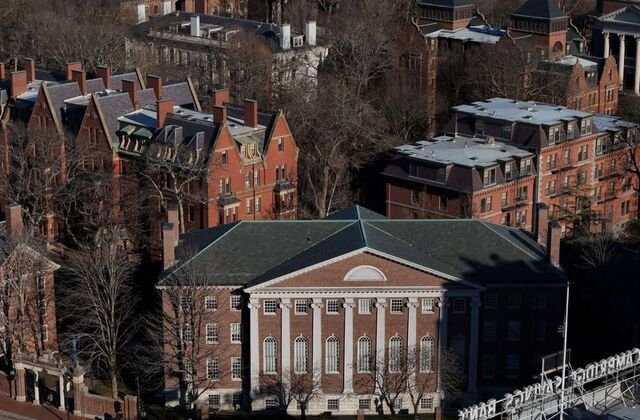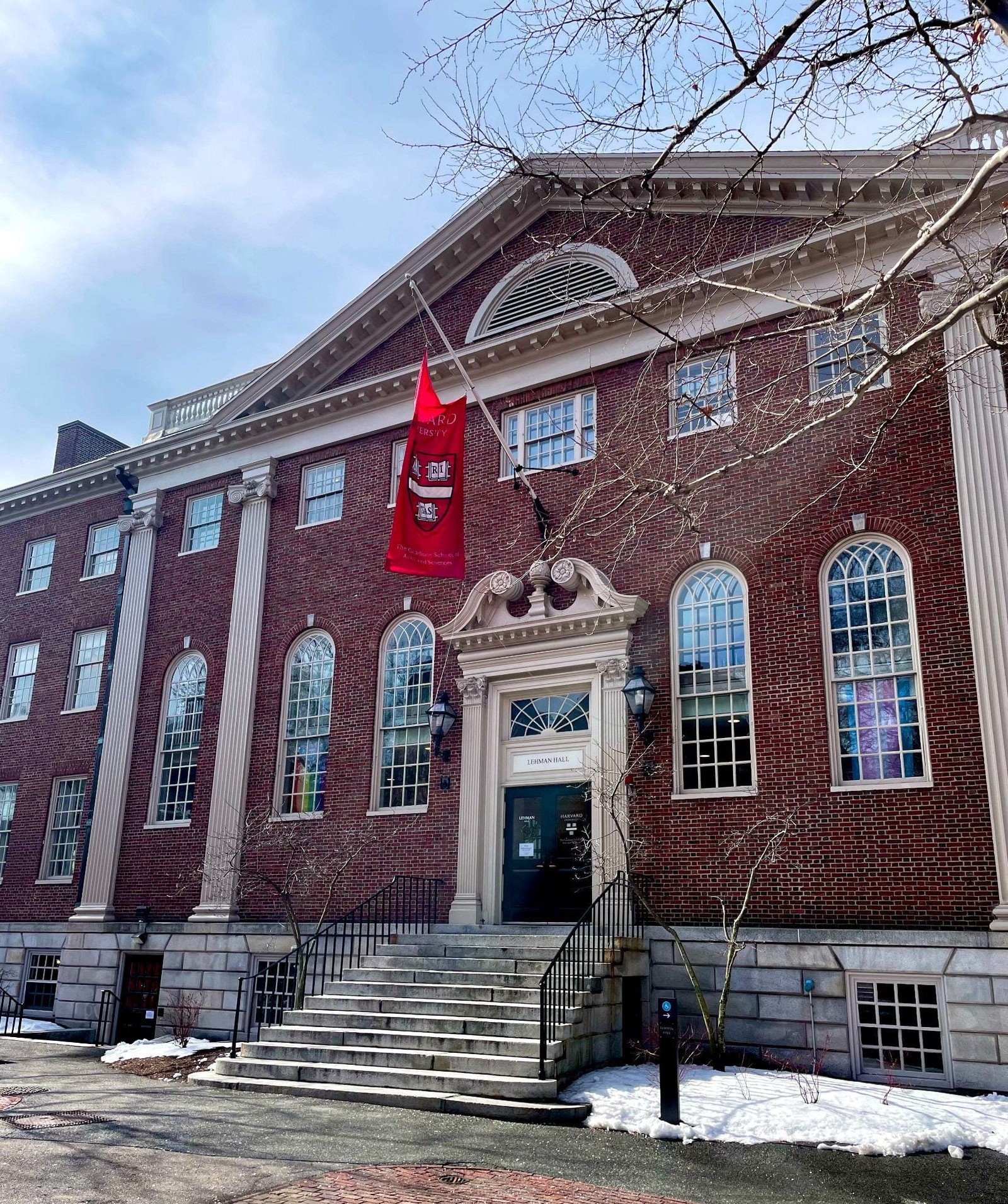A Clash of Values That Could Reshape American Academia

Imagine waking up to news that your university might lose nearly $9 billion – enough money to fund thousands of research projects, scholarships, and scientific breakthroughs. That’s exactly the high-stakes battle Harvard University just entered by defying demands from the Trump administration that many see as a direct threat to academic freedom.
In a bold move that’s sending shockwaves through higher education, Harvard has refused to comply with controversial federal requirements that could jeopardize its massive research funding. Why is this Ivy League giant risking so much? And what does this mean for students, scientists, and the future of American innovation?
Why This Matters Right Now
🔍 $9 Billion at Stake – Harvard’s federal research funding equals the GDP of small countries
🎓 Academic Freedom vs. Government Control – A defining moment for U.S. universities
⚖️ Legal Showdown Coming – Potential court battles that could reach the Supreme Court
💡 Research in Jeopardy – Cancer studies, climate change projects, and AI innovation could suffer
What Exactly Happened?
The Trump Administration’s Demands
The White House recently demanded that universities:
- Share sensitive foreign student data (including visa status and research topics)
- Restrict collaborations with researchers from certain countries
- Allow government monitoring of international academic partnerships
Harvard’s Defiant Response
University President Lawrence Bacow stated:
“We cannot compromise our fundamental academic values or the privacy of our scholars. If these conditions remain, we will forgo federal funding rather than violate our principles.”
Breaking Down the $9 Billion Threat
Harvard receives more federal research dollars than any other university:
| Funding Source | Annual Amount | What It Supports |
|---|---|---|
| NIH Grants | $400 million | Cancer, Alzheimer’s, vaccine research |
| NSF Awards | $180 million | AI, quantum computing, engineering |
| Defense Dept. | $120 million | Cybersecurity, national security tech |
| Total at Risk | $9 billion (10-year projection) | 5,000+ research projects |
3 Reasons Harvard Won’t Back Down
- The “China Initiative” Fallout
- Past federal probes into Chinese researchers created a “climate of fear”
- Harvard lost top AI scientists who feared persecution
- Academic Espionage Concerns
- Professors argue real spies don’t apply through normal channels
- Current vetting already catches 99% of security risks
- The MIT Precedent
- When MIT fought similar rules in 2020, they won concessions
- Harvard’s lawyers are using the same playbook
What This Means For You
If Harvard Loses Funding:
- Fewer scholarships for middle-class students
- Research delays on diseases like Parkinson’s and diabetes
- Brain drain as scientists move to Europe/Asia
If Harvard Wins:
- Other universities may follow suit
- Stronger protections for international students
- Possible new rules for government-academia partnerships
Expert Reactions
“This isn’t just about Harvard – it’s about whether America remains the global leader in innovation.”
- Dr. Amy Edmondson, Harvard Business School
“The administration is using a sledgehammer when we need tweezers. There are better ways to handle security.”
- John P. Holdren, Former White House Science Advisor
FAQ: Harvard vs. Trump Administration
1. Why is $9 billion at risk?
Harvard’s 10-year federal research contracts require compliance with all government rules. Non-compliance = automatic defunding.
2. What specific rules does Harvard object to?
Mainly requirements to:
- Report all foreign student research topics
- Give government access to confidential peer reviews
- Ban collaborations with 7 specific universities abroad
3. Could Harvard really survive without federal money?
Yes – their $53 billion endowment could cover losses for ~5 years, but long-term damage would be severe.
4. How does this affect international students?
Current students are safe, but future applicants may face tougher scrutiny.
5. What’s the timeline for a decision?
Negotiations continue through August. If no deal comes, funding cuts could begin October 1.
6. Are other universities supporting Harvard?
Yale, Stanford, and MIT have filed “friend of the court” briefs backing Harvard’s position.
What Happens Next?
3 Possible Outcomes:
- Compromise Deal (60% chance) – Modified rules that satisfy both sides
- Legal Battle (30%) – Years of lawsuits reaching the Supreme Court
- Funding Loss (10%) – Harvard taps its endowment as case studies begin
Why You Should Care
This isn’t just an Ivy League drama – it’s a watershed moment that will impact:
- Your healthcare (fewer medical breakthroughs)
- Your job market (less tech innovation)
- Your tuition costs (if schools lose funding)
Harvard’s stand could redefine how knowledge is shared in America. Whatever your politics, this fight affects us all.
Want updates? Bookmark this page – we’ll update as the story develops.
Related Stories You Should Read

- How MIT Beat Similar Rules in 2020
- The 10 Most Important Harvard Research Projects at Risk
- International Students: New Visa Rules Explained
What do YOU think? Should universities comply or fight back? Comment below!



